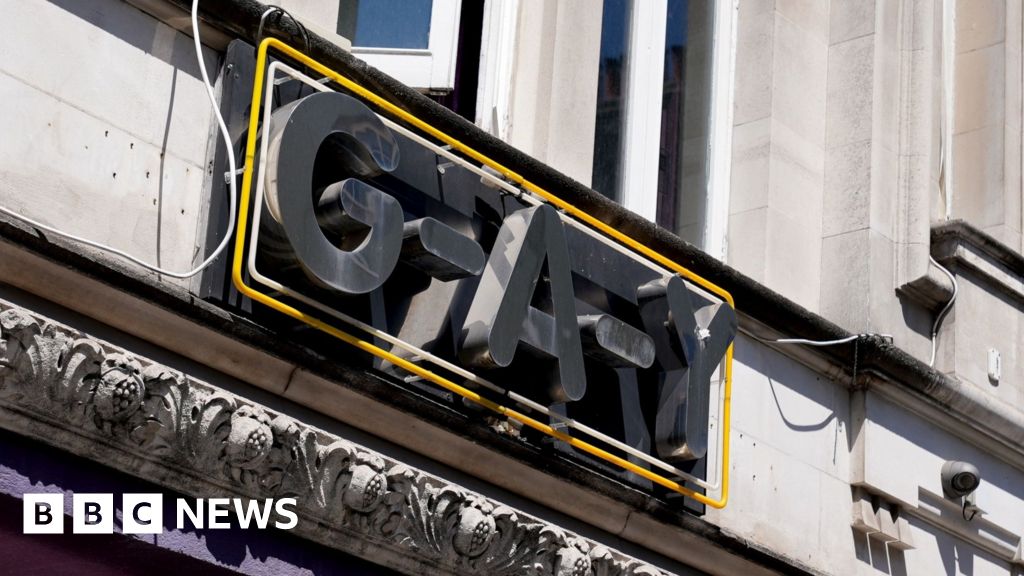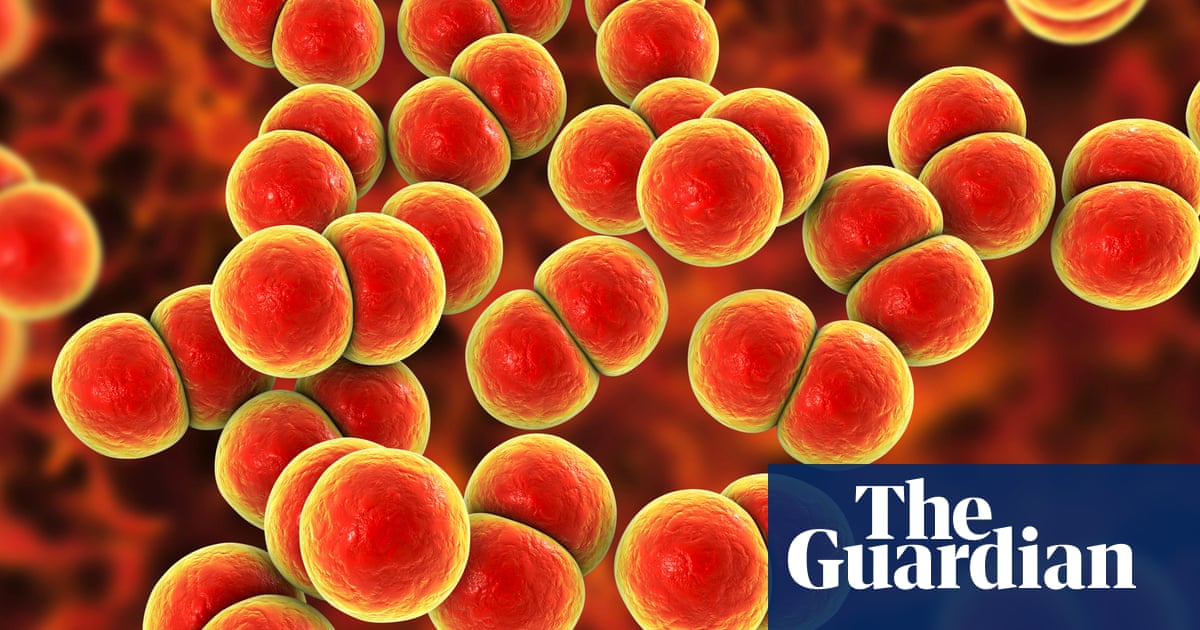#antibiotic-resistance
#antibiotic-resistance
[ follow ]
fromwww.theguardian.com
1 week agoCan we keep antibiotics working? Yes, but the world needs to follow the EU and the UK | Devi Sridhar
Studies tracking their use estimate that 73% of all antimicrobials sold globally are used in animals raised for food. This enormous overuse is leading to a rise in antibiotic-resistant pathogens. For example, resistance to colistin, a last-resort antibiotic, first developed in E coli bacteria which then infected pigs. E coli was later found in pig farmers. All it takes is aeroplanes and global travel networks for these pathogens to spread globally.
Public health
Public health
fromwww.theguardian.com
2 weeks agoSharp global rise in antibiotic-resistant infections in hospitals, WHO finds
Antibiotic resistance rose globally: one in six confirmed bacterial infections were antibiotic-resistant in 2023, depleting treatment options and increasing death risk, especially in low-resource countries.
fromLos Angeles Times
1 month agoCDC warns of dramatic rise in dangerous drug-resistant bacteria. How you can protect yourself
The Centers for Disease Control and Prevention warned in a report this week that between 2019 and 2023, bacterial infections caused by a "super bug" bacteria dubbed NDM-producing carbapenem-resistant Enterobacterales (NDM-CRE) surged by more than 460% in the U.S. The NDM-CRE is a type of bacteria with a special gene that can break down powerful antibiotics rendering most drug treatments ineffective, said Shruti Gohil, associate professor of infectious diseases at UC Irvine School of Medicine.
Public health
Public health
fromwww.scientificamerican.com
1 month agoCDC Sounds Alarm over Nightmare Bacteria' That Resist Last-Resort Antibiotics
Carbapenem-resistant Enterobacterales infections in the U.S. rose up to 461 percent between 2019 and 2023, creating severe treatment challenges and public health concern.
fromDaily Coffee News by Roast Magazine
1 month agoStudy: Caffeine May Reduce Effectiveness of Some Bacterial Infection Antibiotics
A new study from researchers in Germany found that caffeine from coffee and other sources can reduce the effectiveness of certain antibiotics against harmful bacteria. Scientists at the Universities of Tübingen and Würzburg discovered that caffeine triggers a complex chain reaction in E. coli bacteria that makes them less susceptible to antibiotics like ciprofloxacin, a commonly prescribed fluoroquinolone used to treat urinary tract infections, pneumonia and many other bacterial infections.
Science
Science
fromwww.scientificamerican.com
1 month agoYour Gut Is Full of VirusesAnd That's a Good Thing
A diverse gut virome, dominated by bacteriophages, continually shapes health by modulating bacterial populations, transferring genes like antibiotic resistance, and changing with age, diet, and environment.
[ Load more ]



